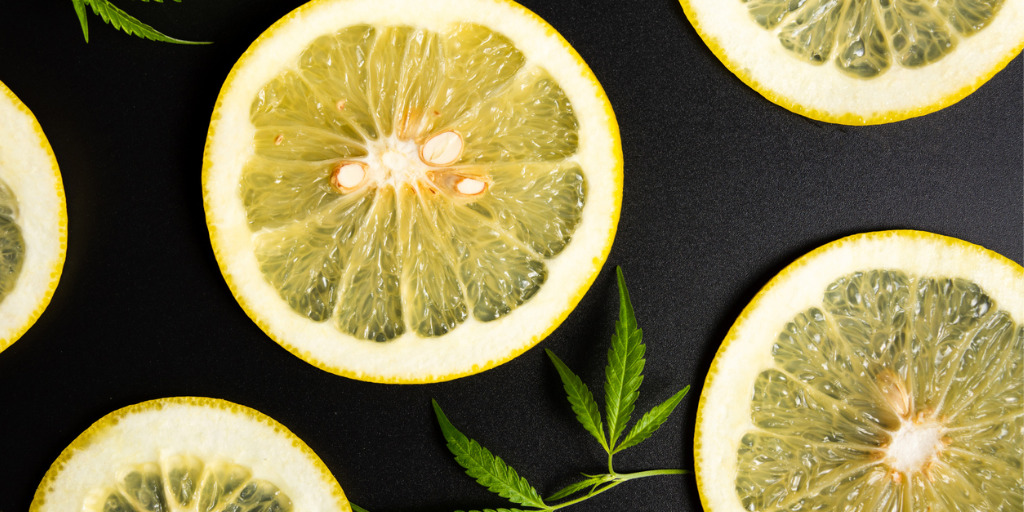A citrus-scented molecule in cannabis, known as d-limonene, has been found to mitigate the anxiety-inducing effects of THC, according to new research published in Drug and Alcohol Dependence.
Cannabis is known for its relaxing properties, which can help alleviate anxiety and pain. However, determining the right dose is challenging, as excessive consumption can lead to acute anxiety, often referred to as “paranoia.” This intense anxiety can drive users to seek emergency care.
Researchers have discovered that d-limonene, an aromatic compound giving cannabis its citrusy aroma, can reduce these anxiety-inducing effects. This suggests that strains high in d-limonene may help users avoid anxious reactions and fully benefit from marijuana’s therapeutic potential.
Cannabis plants contain over 500 chemical compounds, including THC, CBD, and various terpenes, which create the plant’s distinctive scent. The “entourage effect” theory posits that whole-plant products produce different experiences compared to isolated compounds like THC or CBD. However, the complexity of these interactions has made scientific validation challenging.
Ryan Vandrey, a behavioral pharmacologist at Johns Hopkins University, led a study to test the impact of d-limonene on THC-induced anxiety. The study involved 20 participants who inhaled combinations of THC and d-limonene or a placebo, with results showing that higher concentrations of d-limonene significantly reduced anxiety symptoms.
The study found that as d-limonene concentration increased relative to THC, participants reported fewer anxiety symptoms, without altering other effects of THC. This targeted effect suggests potential for d-limonene in creating more user-friendly cannabis products.
Although promising, this research is in its early stages. The study used vaporized forms of the compounds, and further research is needed to understand how d-limonene might interact with THC in other consumption methods like smoking or edibles.
In conclusion, d-limonene shows potential in reducing THC-induced anxiety, offering a more pleasant experience for users. Future studies on terpenes could further validate folk remedies for weed-induced paranoia, providing scientific backing for these traditional practices.



